 
Images: Darwin & Nansen via Wikimedia |
EEPS0160. Monsters of the Abyss: Oceanography and Sea TalesWe will read from the logbooks of Cook, Darwin, Wallace, and Nansen. Their discoveries and expeditions inspired and were inspired by fiction that we will also read, including Moby Dick and 20,000 Leagues Under the Sea. The daring successes and cannibalistic dooms of the Essex, Beagle, Terror, Challenger, and Fram inspired 19th century writers to imagine what lay far across and deep beneath the oceans. These retellings--fictional, narrative, and scientific--helped formulate and fund further research. Who risks their life for a bird, a map, a widow, or an eclipse? How would these scientists and their ideas do today? What are the role and aftereffects of colonialism in the geosciences? Enrollment limited to 20 first year students. First Year Seminar. |
 BFK Notes |
GEOL0350. Mathematical Methods of Fluid and Solid Geophysics and GeologyIntended for undergraduates concentrating in geological and physical sciences or engineering, especially those interested in the quantitative study of Earth. Problem sets will cover common approaches to quantify the dynamics and chemistry of solids and fluids in nature. Mathematical topics to be introduced include linear algebra, vectors and tensors, differential equations, dynamical systems, eigenvalues and eigenvectors, empirical orthogonal functions, fractals, chaos, and statistics. Applications include waves in the oceans, atmosphere, and solid earth, convective and conductive heat flow, reaction rates, gravitational potential energy, Newton’s laws on a rotating planet, measuring coastlines and ranges, and dating errors in stratigraphy.Baylor taught this class in Fall 2021, Fall 2019, Fall 2016, Fall 2015, Fall 2014. |
 |
EEPS1520. Ocean Circulation and ClimateOr, Notions for the Motions of the Oceans.Examines physical characteristics, processes, and dynamics of the global ocean to understand circulation patterns and how they relate to ocean biology, chemistry, and climate change. Assignments address ocean's role in the climate system; ocean observations and models; the origin, distribution, and dynamics of large-scale ocean circulation and water masses; energy and freshwater budgets; and variability of the coupled system on seasonal to centennial timescales e.g. El Niño. Intended for geological and physical sciences undergraduate and graduate students with quantitative skills and an interest in oceans, climate, paleoclimate. Pre-requisite: EEPS 0250, EEPS 0350, PHYS 0720, or MATH 0180. Offered alternate years, previously offered as GEOL1520 and GEOL1100. Baylor taught this class in Spring 2025, Spring 2023, Spring 2021, Spring 2019, Spring 2017, Spring 2015, Spring 2013. Proceedings volumes Spring 2025, Spring 2023, Spring 2021, Spring 2019, Spring 2017, Spring 2015, Spring 2013. Spring 2010. Spring 2008. Spring 2007. |
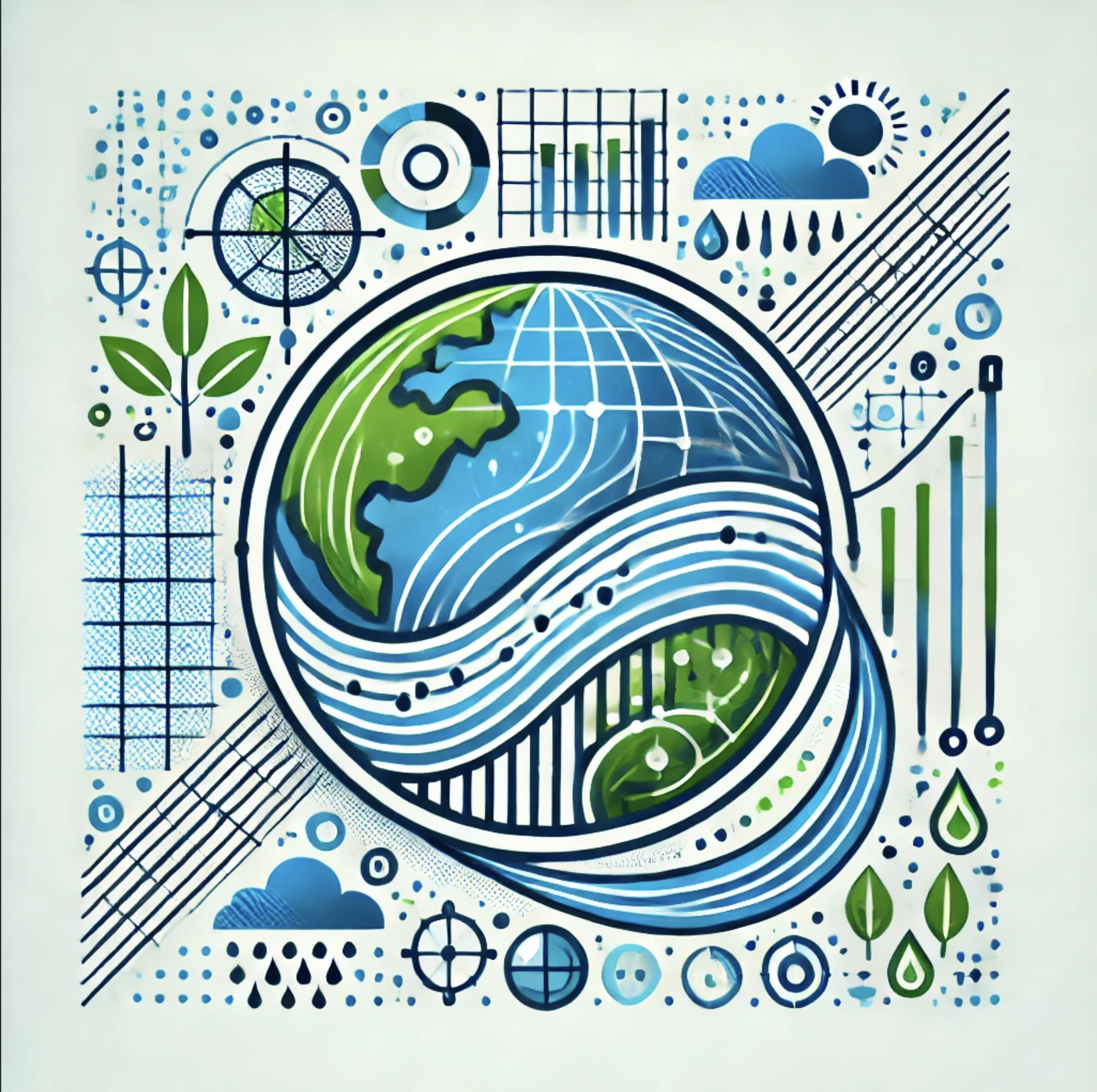 |
EEPS1400. Climate Modeling IAn introduction to climate modeling, focusing on the fundamental principles of climate dynamics and the techniques used to simulate and understand the climate system of Earth and other planets. Students will learn about the underlying physics, concepts, and computational methods involved in climate modeling. The course will explore the challenges and uncertainties associated with climate models and their role in predicting future climate change. The course has two tracks: quantitative and qualitative. Students in the quantitative track will gain hands-on experience with analyzing climate modeling output and software tools to do so and will be assessed with problem sets. Students in the qualitative track will focus on interpretation of model results and modeling concepts and have additional reading assignments and will be assessed with writing assignments.Baylor co-taught this class in Fall 2024 |
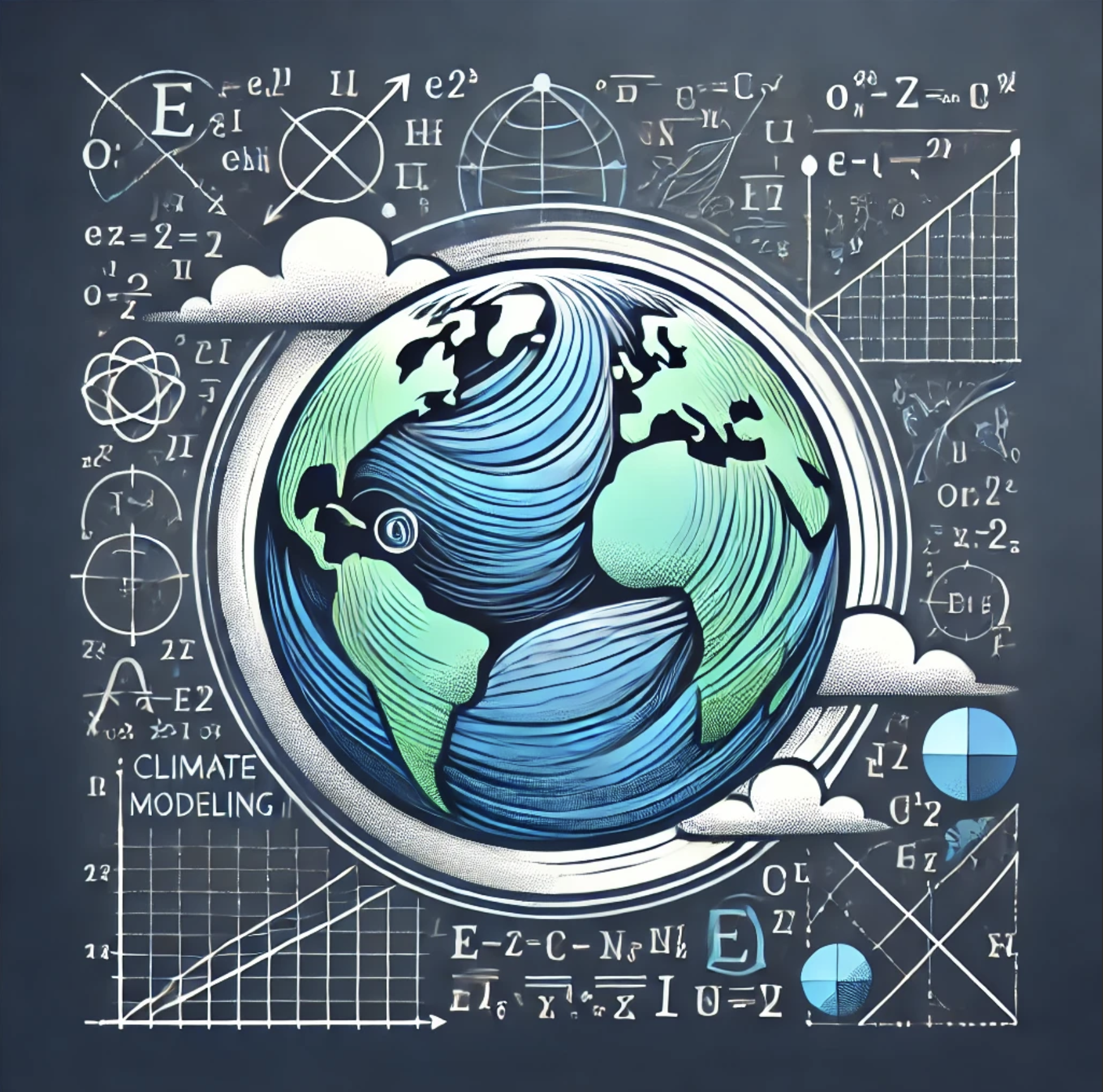 |
EEPS1700. Climate Modeling IIClimate Modeling II is an advanced course that builds on foundational concepts introduced in Climate Modeling I (EEPS1400). The course offers students a hands-on introduction to modeling Earth’s climate system, and experience simulating Earth’s atmosphere, oceans, cryosphere, and climate system. Students will learn the theoretical foundations of modern numerical climate modeling and its application in a modern climate model, the Community Earth System Model (CESM). The course is a combination of traditional lecture content, tutorial content introducing students to the code structure and makeup of CESM, and computational lab work in which CESM simulations are actually performed. Students will develop and present a final project building from their course learning, based on a self-designed experiment.Baylor helped with this class in Spring 2025 |
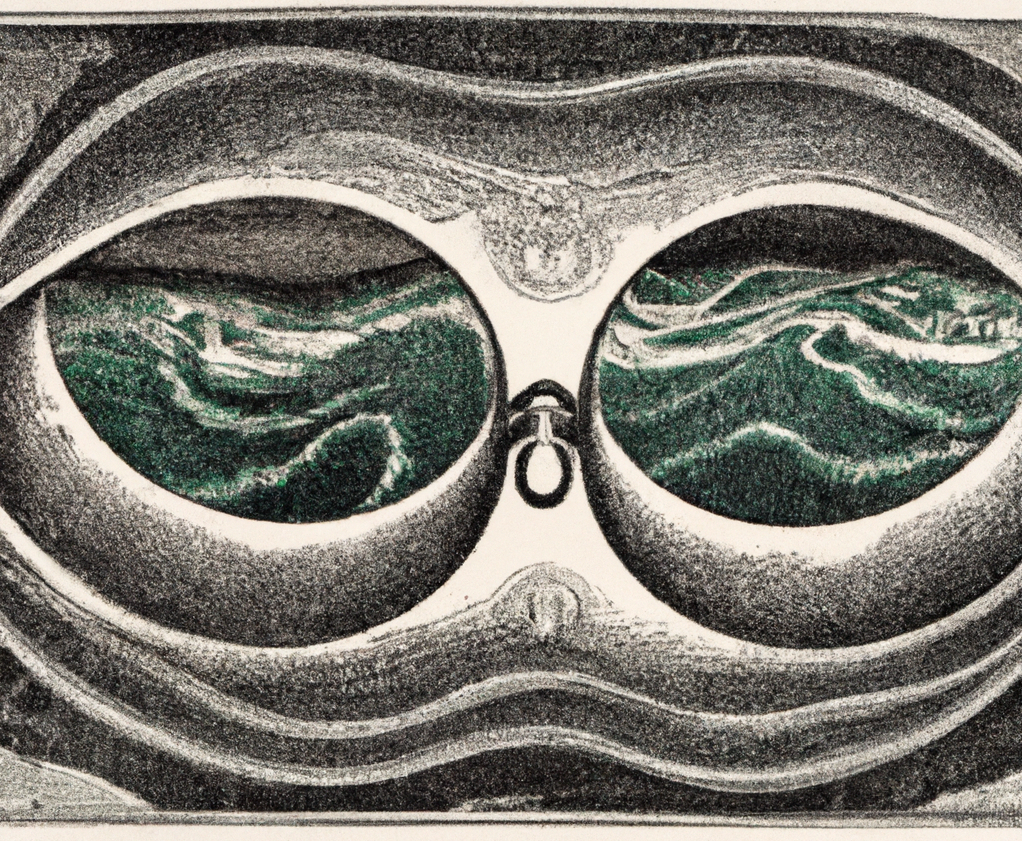
|
GEOL1820. Geophysical Fluid DynamicsExplores theories of the large-scale ocean and atmosphere, including quasigeostrophic, planetary geostrophic, and shallow water equations. Topics will vary to focus on features of the general circulation and climate system (e.g. thermocline, westward intensification, jet stream dynamics, polar vortex, meridional overturning circulations), instabilities and waves (e.g. gravity, Rossby, and Kelvin), or rotating stratified turbulence. May be repeated with permission of instructor. Pre-requisites: GEOL 0250, GEOL 0350, PHYS 0720, or APMA 0340, and GEOL1510 or GEOL1520. Baylor taught this class in Spring 2020 on Rotating, Stratified Turbulence and Parameterizations, Fall 2016 on Waves and Mean Flows. |

|
GEOL1950M. GeoengineeringExamines the processes, dynamics, and consequences of geoengineering, or intentional climate intervention, approaches to controlling climate change. Through assignments stu- dents will create a series of referenced, researched, public wikipedia pages summarizing the state of the art understanding (i.e., a geoengineering hackathon). Intended for under- graduate and graduate students with interests in oceans, climate, paleoclimate, engineer- ing, and climate change policy. Pre-requisite: GEOL0240 or ENVS0490 or GEOL1350 recommended; permission of instructor required. Enrollment limited to 30. Recommended Pre-requisites: GEOL0240 or ENVS0490 or GEOL1350. Baylor taught this class in Fall 2017. |
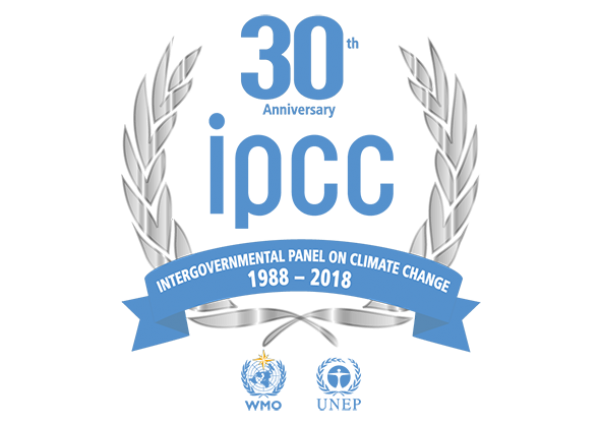 |
Background: The seminar is aimed at undergraduates and graduate students interested in anthropogenic climate change. Baylor taught this class in Spring 2022, Fall 2018. |
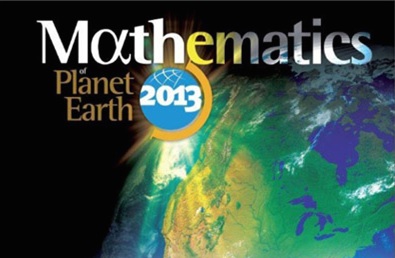 Image: MPE |
Baylor taught this class in Fall 2023, Fall 2021, Fall 2019, Fall 2015. |
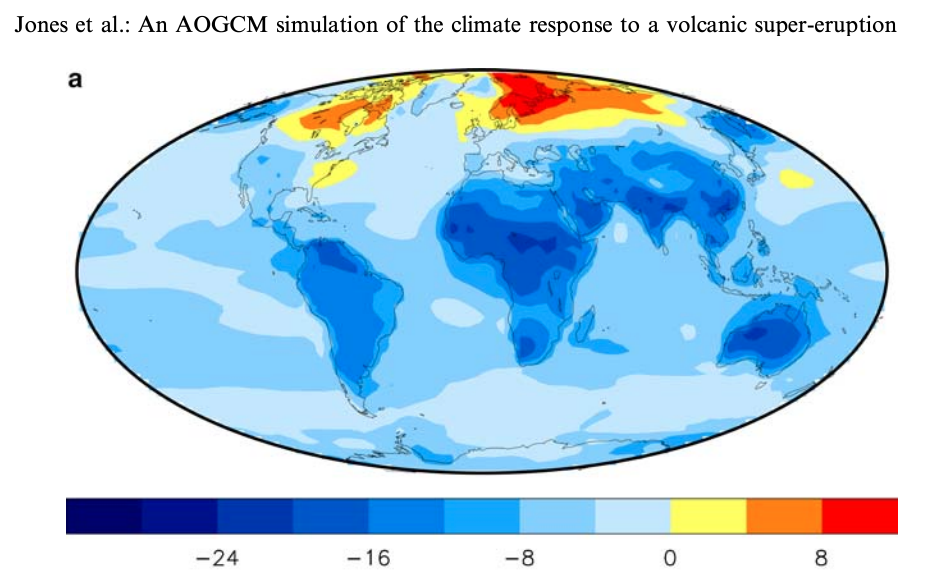 Image: Jones et al., 2005 |
GEOL2910N. Volcanism and ClimateThe course will explore the effects of volcanism on climate over a range of spatial and temporal scales, including: historic and prehistoric eruptions, large igneous provinces and correlations of secular atmosphere change with supercontinent cycles. The links between volcanism and climate on Mars will also be examined. The goals are to understand the interactions of planetary interiors and atmospheres and how these interactions are preserved in the geologic record. Background: The seminar is aimed at graduate students. An undergraduate background in geology, chemistry and physics is required.Baylor co-taught this class (with Parman [lead], Russell, Saal) in Fall 2014 |
 |
Baylor used to teach at the University of Colorado. Click on the icon at left to access approximations to the old course webpages. |